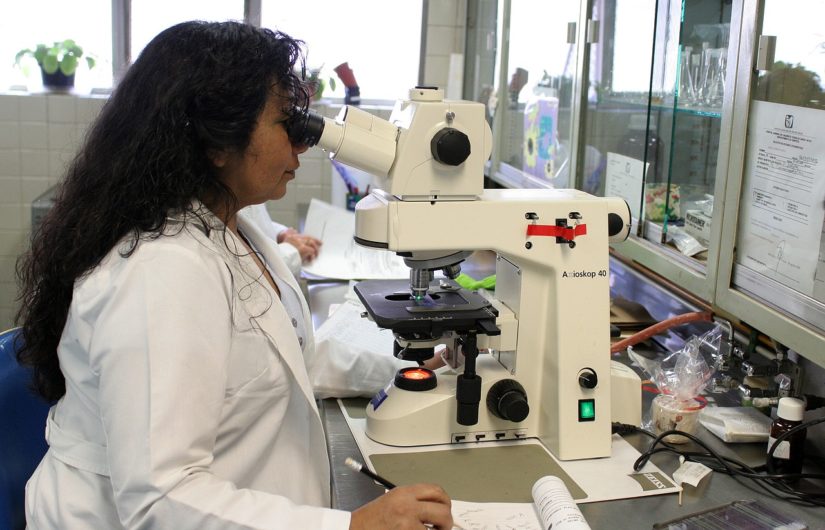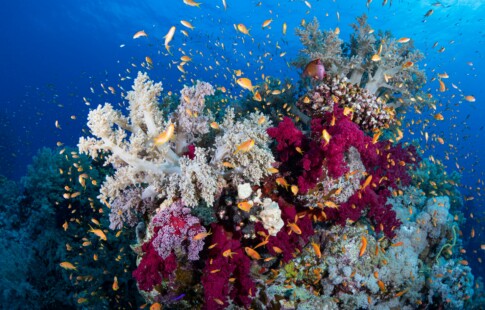
Genetic Influence on Sustainable Living
We are reader-supported. When you buy through links on our site, we may earn affiliate commission.
What is the genetic influence on sustainable living? What does a self-sustainable lifestyle have to do with our hereditary? A lot, it turns out, once you look at study results of epigenetics. Epigenetics stands for the study of heritable changes appearing from various aspects of our environment. Essentially, this is how the environment affects our genes. The human epigenome receives signals from the outside world. Factors such as prenatal nutrition and stress impact the DNA cells we pass to the next generation.
Making Smart Choices Makes Sense
Professor Elizabeth H. Blackburn, a Nobel Laureate and leader in telomere and telomerase research, established a connection between stress and human genetic material in 2013. She and a colleague found that violence, poverty and abuse reduce the protective cover of the genome. These experiments essentially proved the legitimacy of epigenetics as a realm of scientific study, as well as its real-world applications toward human development. Knowing this link, a healthy lifestyle becomes a serious consideration. Those aiming for a sustainable life attempt to reduce the strain they place on the Earth’s resources. They reduce their carbon footprint by altering their methods of transportation, energy consumption, and diet. Based on what epigenetics tells us, homesteading and converting to green energy power and transportation serves as a positive choice for future generations on more than one level. Our cells start off one way when we are born and mutate due to the various pollutants we encounter in our environment, which then alter our DNA sequence. For example, chemicals in cigarette smoke cause cancer, and those cancer cells can be passed down to you children. Certain gardening pesticides can alter epigenetic pathways, which are also inherited by the next generation. Increasing our consumption of naturally grown and raised produce and proteins and reducing the amount of pollution are biologically positive lifestyle choices. Stress can alter a number of proteins your genes produce for your immune system. This explains why we get sick during high-stress periods of our lives. Gardening serves as a natural remedy against stress and as a reinforcement of mental and physical health. Growing things can improve your immune system and reduce your dependence on pharmaceuticals.
Hope for the Future
Historically, humanity has considered the suffering of the elder generation as inconsequential to the biological well-being of the incoming generation. However, based on the study of epigenetics, this is not true.While going green has a reputation for being extreme — becoming vegan or communal living, for example — there are plenty of other ways to develop a self-sustainable lifestyle. S simple changes can create resounding positive results in the world and for future generations. Conserving water and electricity, recycling, starting a small garden for herbs, or using reusable bags are all healthy choices. While incredible ideas are being unveiled and are in construction in order to combat environmental pollution and global warming, it’s the small changes we make in our lives that will forge a better future for our descendants, and change the genetic influence on sustainable living for future generations.
Share on
Like what you read? Join other Environment.co readers!
Get the latest updates on our planet by subscribing to the Environment.co newsletter!
About the author

Jane Marsh
Starting from an early age, Jane Marsh loved all animals and became a budding environmentalist. Now, Jane works as the Editor-in-Chief of Environment.co where she covers topics related to climate policy, renewable energy, the food industry, and more.





